There are many questions how to concatenate multiple rows into a varchar, but can you concatenate all the cells in a row into a varchar?
Example : A table with 3 columns
| Id | FirstName | LastName |
| 1 | John | Doe |
| 2 | Erik | Foo |
return the following
"1, John, Doe"
"2, Erik, Foo"
You know which table you are working on.
Note 1 : Assume that you don't know the name of the columns when you write your query.
Note 2 : I would like to avoid dynamic SQL (if possible)
